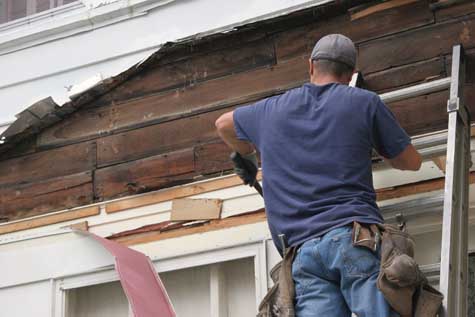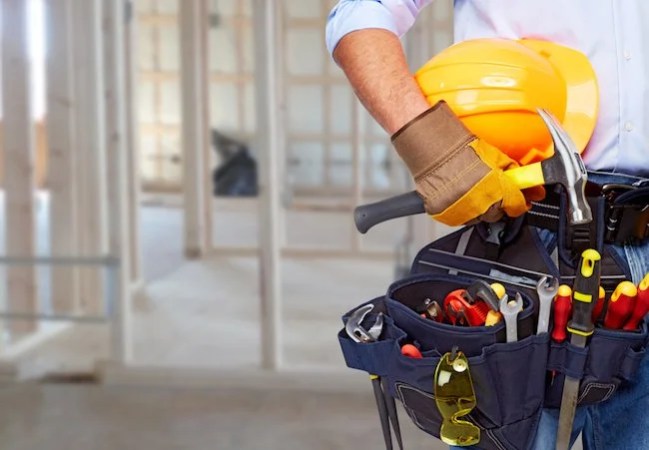We may earn revenue from the products available on this page and participate in affiliate programs. Learn More ›
Paperwork Is Your Responsibility

Do you have a permit for that? When it comes to all the paperwork associated with permits and inspections, that’s your job—not the contractor’s. Nearly all municipalities require building permits, inspections, and approvals for plumbing and electrical projects. Additionally, exterior work may require approval by an architectural review board or homeowners association. It is also imperative that you follow up after a job is completed so that you can get a valid certificate of occupancy issued for the work that was done.
Check the Insurance

Ask your contractor for valid insurance certificates. A contractor should carry general liability insurance, which covers property damage and injuries on the job. If the contractor hires workers for the job, they also must be covered by workers’ compensation insurance. If the contractor lacks these types of insurance, a homeowner could wind up footing the bill himself in the event of injuries or accidents.
Experience Counts

Some contractors will bid on a job even if it is outside of their area of expertise. Before you sign a contract, determine how much experience the contractor has on projects like yours. For instance, ask how many similar projects the contractor has completed in the past year. You don’t want to wind up spending extra time—and money—on a project just because the contractor lacks experience in that type of work.
Ask About Lien Waivers and Subcontractors
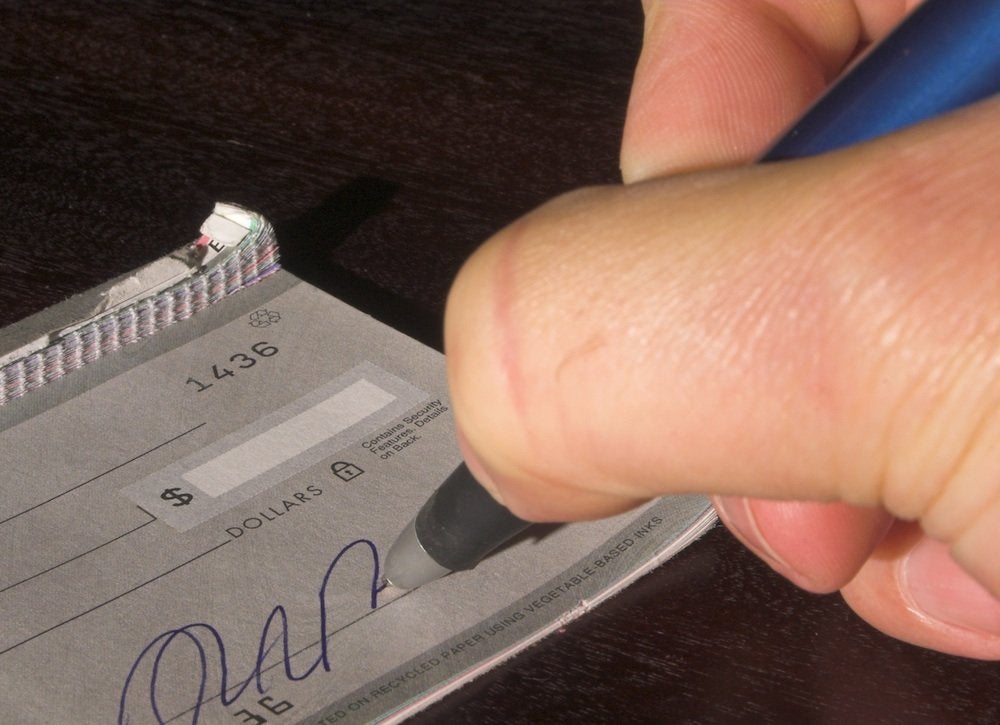
Protect yourself from property liens by requesting a written lien waiver upfront. A lien waiver is a type of receipt for payment of materials and services, ensuring that all subcontractors and suppliers have been paid. This will ensure that no liens will be placed on your property. You should also make sure that the contractor has paid all subcontractors in full before delivering your final payment for the job.
Remodeling Is Messy
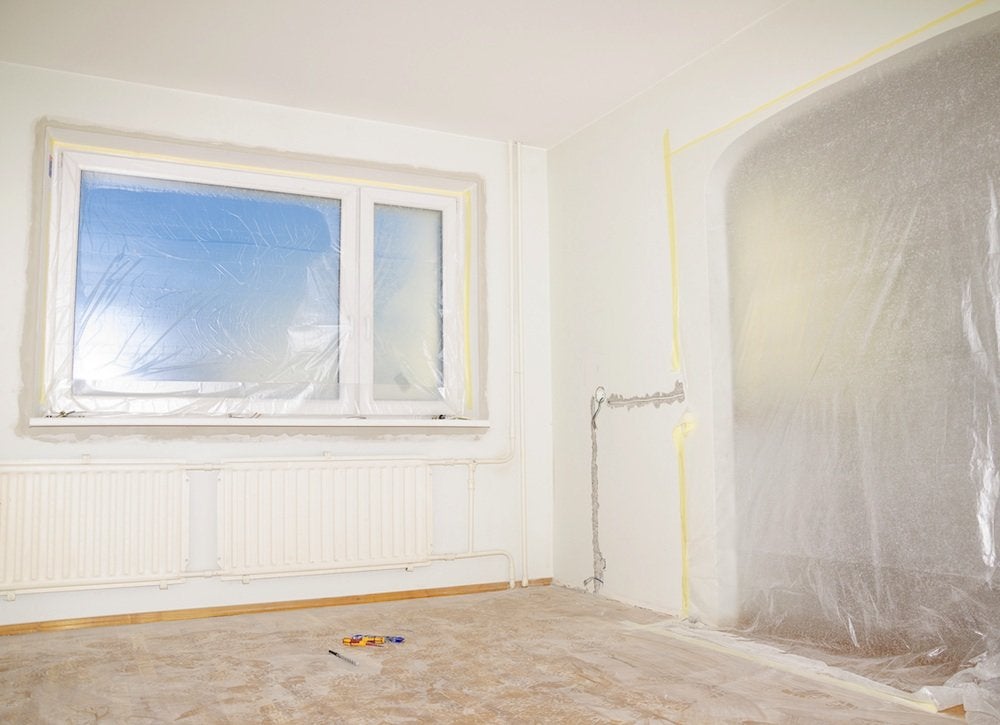
Even the best contractors will kick up a lot of dust, debris, and noise—it’s all part of the job. Dust is likely to find its way into every corner of your home, even in areas not under construction. To minimize the inconvenience (and hazard) of this debris, ask your contractor to “wall off” the construction area with heavy-duty plastic and run air filters during the project. If you can’t abide the sound of hammers and saws, it might be a good idea to vacate the premises during the day.
Expect the Unexpected
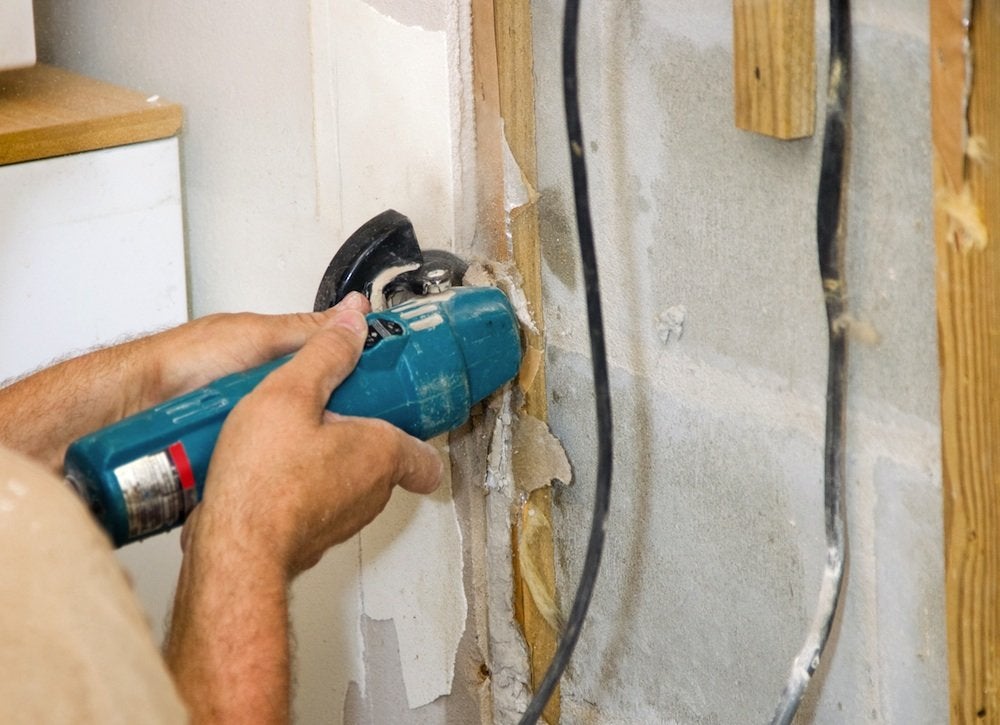
The best-laid remodeling plans can go astray once you start demolishing walls and tearing up flooring. Even the simplest job can be complicated by irregular framing, bad electrical wiring, substandard plumbing, or even asbestos. Discuss possible roadblocks—and solutions—with your contractor before starting the project, and build room into your timeline and budget for little surprises along the way.
Related: 7 Tools That Contractors Swear By
Avoid Change Orders
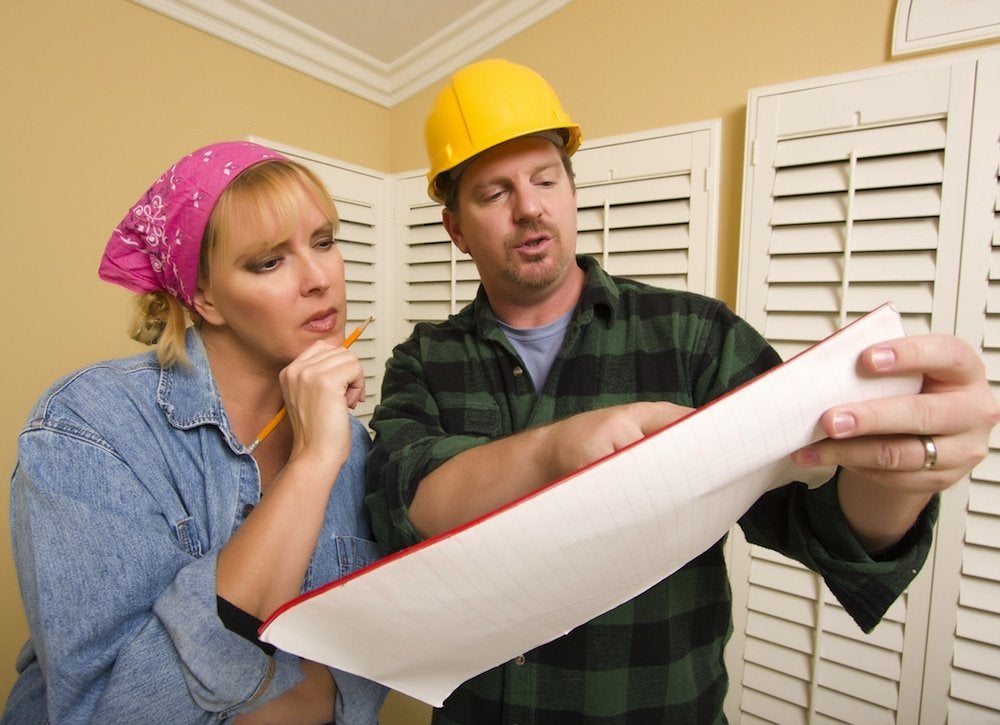
Many dodgy contractors make their money on change orders: They’ll give a low bid at the beginning and then nickel and dime you on any changes that come up. To prevent this type of situation, spell out the scope of work at the beginning of the project, and try to avoid unnecessary changes during the job. If you absolutely must make a change due to something unexpected, such as bad wiring or plumbing, expect to pay for a change order.
Related: How To—Avoid Crooked Contractors
Be a Material Witness
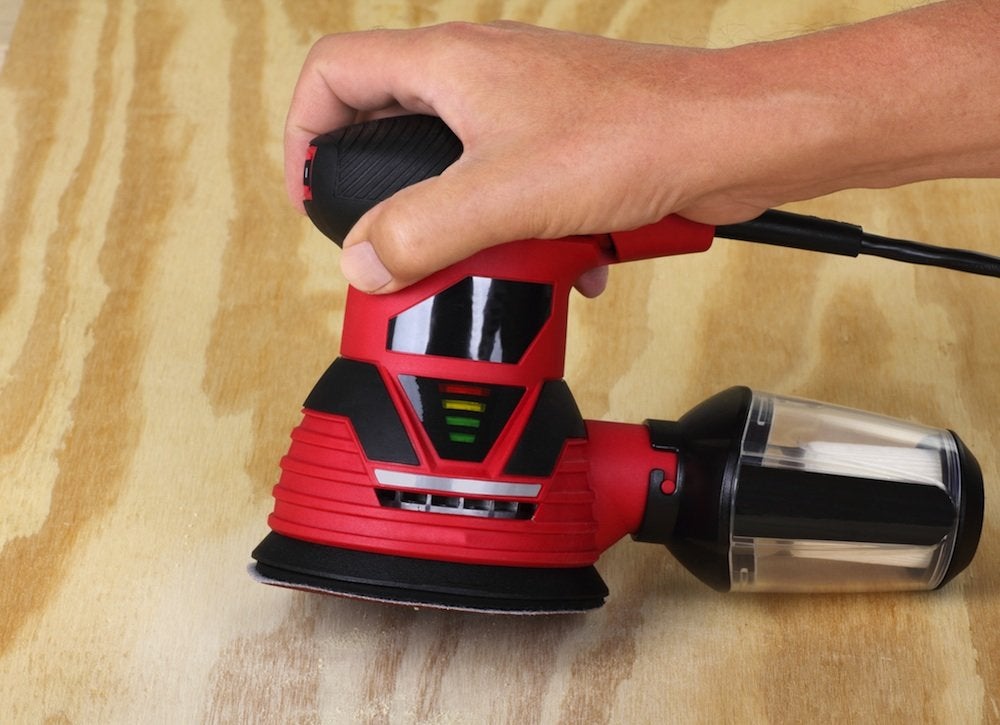
Are you sure you’re getting what you paid for? If you’re not inspecting the materials used in your project, you might be missing out. Scam artists have been known to line their pockets by using subpar materials, for instance 3/8-inch plywood when the contract calls for 5/8-inch, or a two-inch layer of gravel instead of a four-inch layer. Beware of “discounted” products—typically, these are substandard replacements—and always be sure to spell out the materials in the contract.
Stick to a Timeline
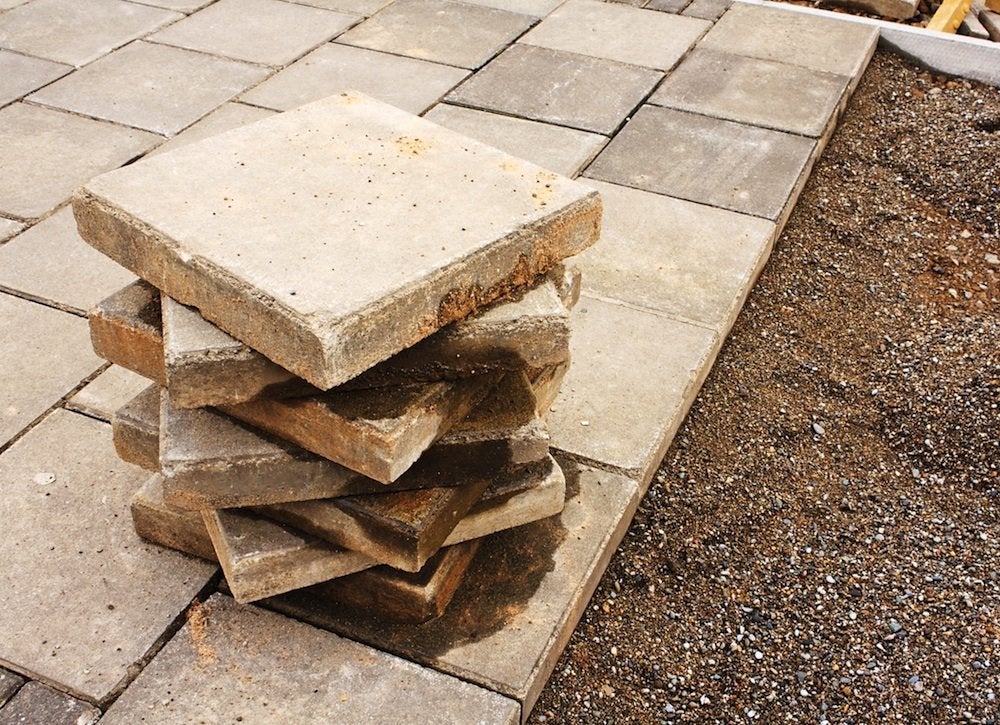
A contractor should provide you with a valid timetable—and then stick to it. Consider building in a financial incentive for finishing the work on or ahead of schedule as well as a penalty clause for substantial delays. That being said, delays are an often unavoidable part of the remodeling process, so before demolition begins talk to your contractor about how you’ll handle unanticipated roadblocks. At the end of the project, expect to generate a “punch list” of items that need to be resolved before the final payment is made.
Collect Receipts

Many types of home improvements—including roofing, replacement windows, and siding—come with a warranty. In order for the warranty to be valid, however, it typically must be registered. It’s your responsibility to get receipts from the contractor and then make sure that all warranties are registered.



